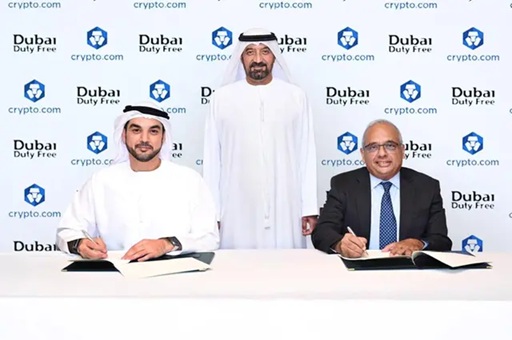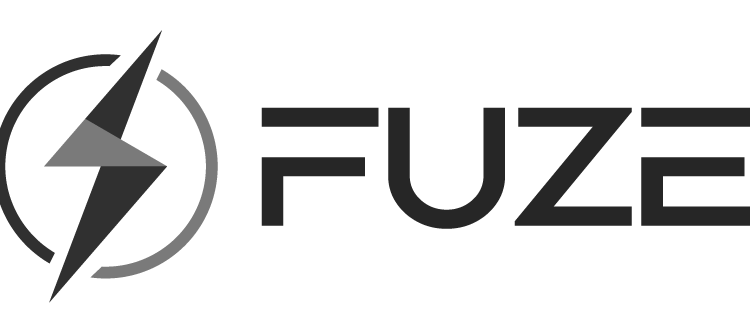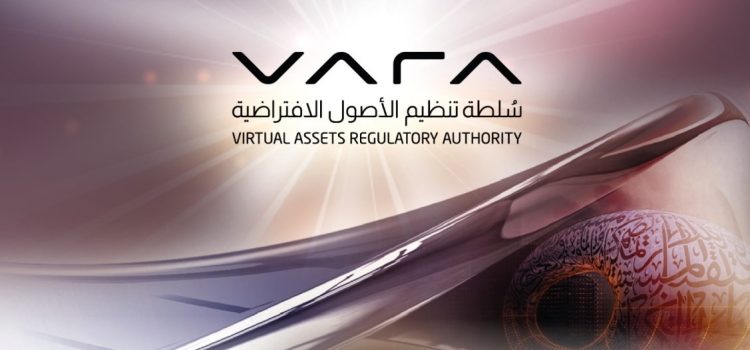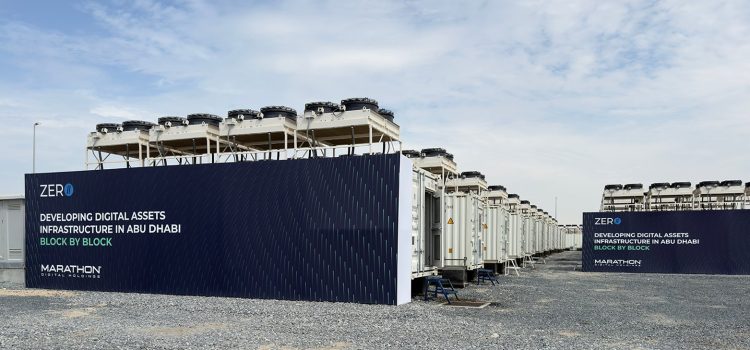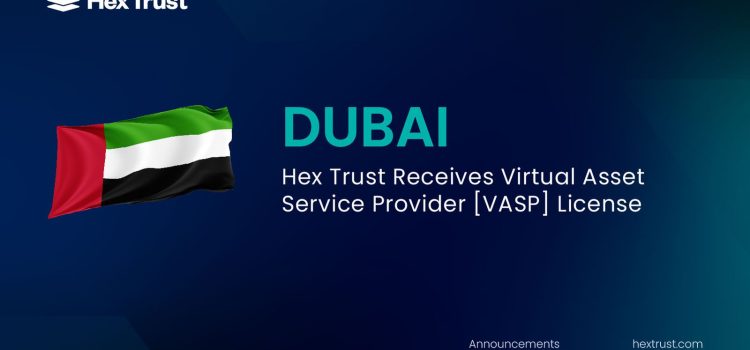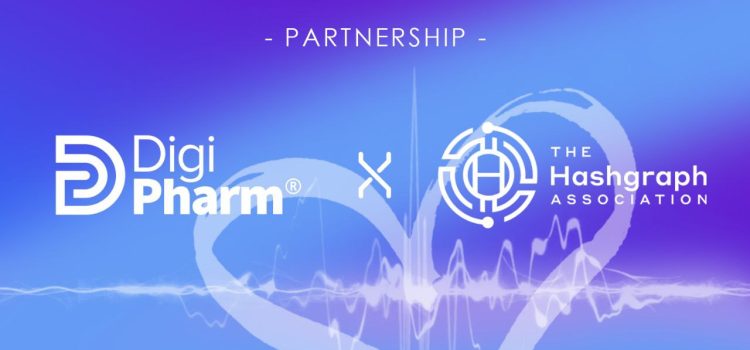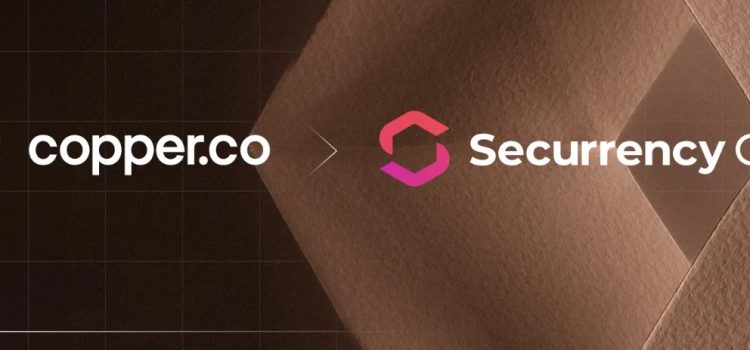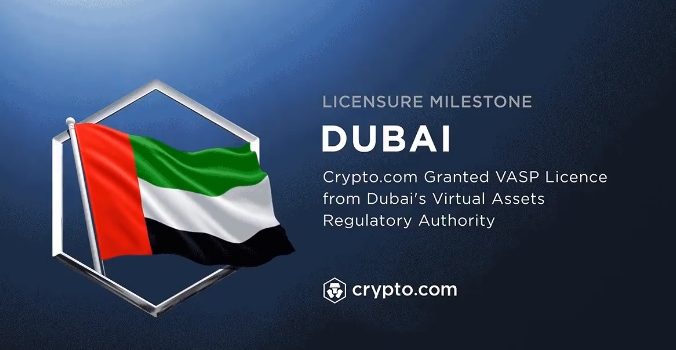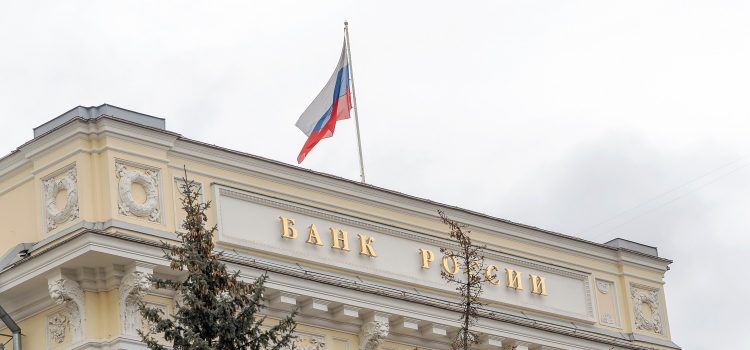In a press release, Indian based digital asset custodian and wallet, Liminal has been granted an In Principle Approval by Abu Dhabi’s Financial Services Regulatory Authority (FSRA) of Abu Dhabi Global Market (ADGM) to operate as a custody provider for Virtual Assets.
Liminal is working diligently to fulfill all the IPA conditions and meet FSRA’s stringent requirements to receive the Financial Services Permission (FSP).
As per Liminal, receiving the FSP from the FSRA will empower Liminal in extending its services as a trusted and reliable custodian for Virtual Assets within the ADGM jurisdiction and serve the broader MENA region. Liminal also recently launched its compliance solutions suite, with Notabene’s Travel Rule solution.
Earlier this year, in May, Liminal achieved another milestone by obtaining the TCSP License from the Hong Kong Companies Registry, enabling regulated digital asset custodial services in Hong Kong.
When Liminal secures the FSP from the FSRA, it will play a vital role in the Web3 ecosystem in the UAE, expanding its product and service offerings for the MENA region. Liminal will offer institutions a comprehensive suite of services designed to safeguard their virtual assets effectively.
Manan Vora, Senior VP of Strategy & Business Operations at Liminal, expressed enthusiasm about the IPA, stating, “ADGM has established itself as a thriving hub for innovation, growth, and maturation of the Web3 ecosystem. Their dedication to formulating clear and comprehensive regulations has created a trusted and secure environment for investors and Web3 enterprises. Recognizing the escalating demand for secure custody services in the MENA region, we took this strategic step to cater to the industry’s evolving needs. The IPA marks a significant leap forward in our mission to provide institutional-grade custody services for the digital asset industry. We are genuinely thrilled to contribute to the growth of this emerging market. After setting up an entity in Abu Dhabi, our next step is to obtain the FSP, and work closely with the ADGM team to provide regulated custody operations.”
Arvind Ramamurthy, Chief of Market Development at ADGM said, “We extend our congratulations to Liminal on being granted the IPA from the FSRA of ADGM, which paves the way for them to become fully operational in ADGM as a premier custody provider for virtual assets. As an international financial center of the UAE’s capital, ADGM’s vision for fostering a dynamic and trusted financial ecosystem prioritizes upholding the highest standards of security, innovation, and regulatory compliance. Liminal’s capabilities and dedication align seamlessly with ADGM’s goals and reinforce our commitment to driving the growth of the digital asset space in Abu Dhabi and beyond. We anticipate witnessing Liminal’s positive impact on the market and its contribution to the advancement of virtual asset services.”
Jehanzeb Awan, Founder & CEO, J. Awan & Partners, praised Liminal’s commitment and said, “It’s truly impressive to witness Liminal’s dedication to regulatory compliance and their unwavering service to the digital asset industry. Our joint efforts in undergoing stringent screening procedures and audits have culminated in a significant milestone with the issuance of the IPA. I am confident that Liminal will continue to set new standards in the virtual asset custody space, while fostering innovation in ADGM’s rapidly emerging market.”
In its commitment to delivering regulated and compliant custody solutions in the Middle East, Liminal is pleased to welcome Dr. Bhaskar Dasgupta, Veteran Business Strategist, to Its Board in Abu Dhabi. Dr. Dasgupta is highly regarded for his contributions to ADGM, and has been instrumental in revolutionizing cryptocurrency regulation on a global scale. In the past, he has also held distinguished positions as the Chief Operating Officer of UK Export Finance and held leadership positions at esteemed financial institutions, including HSBC, ABN AMRO, Citigroup, and PwC.


